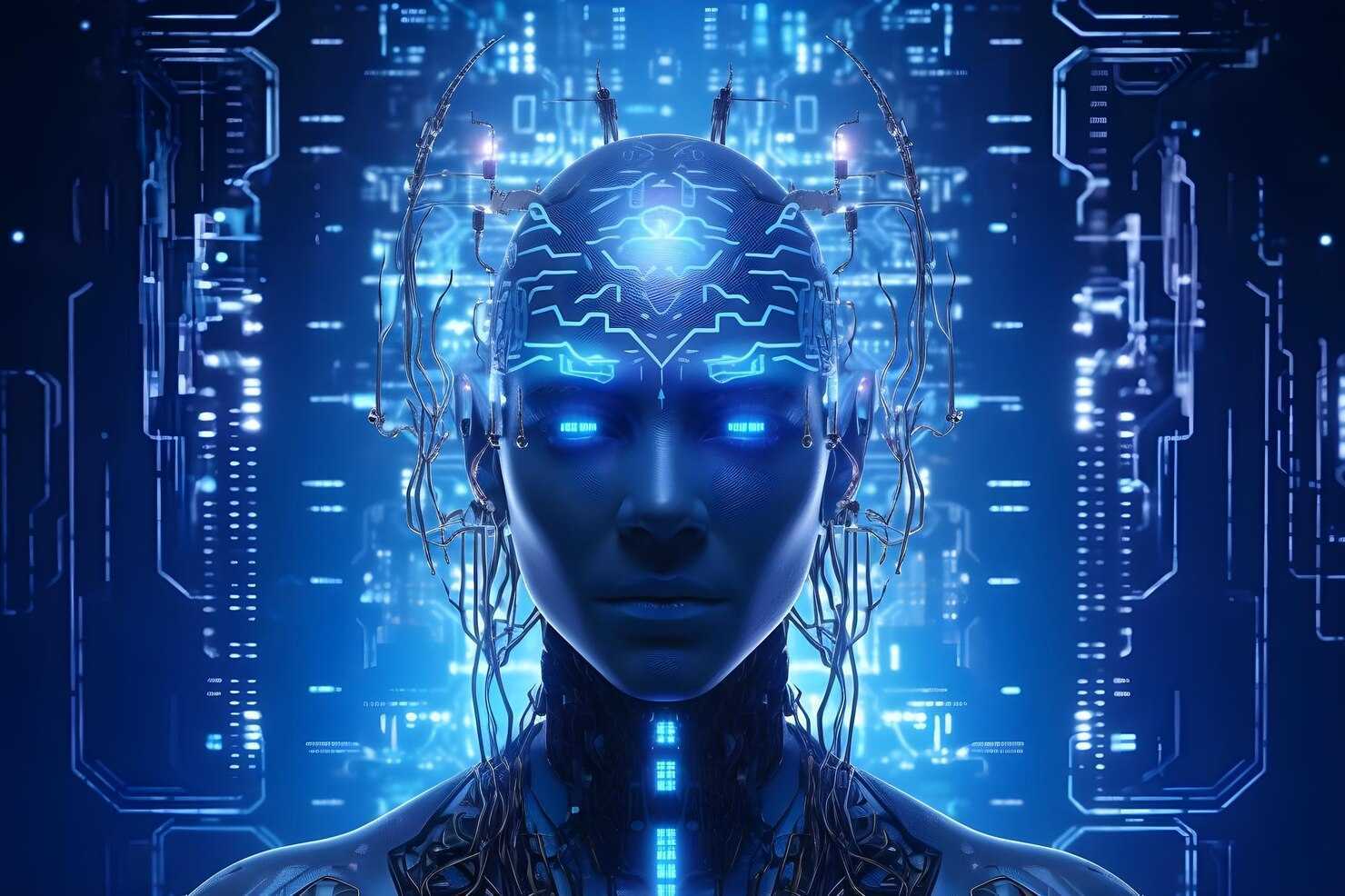Exploring the Boundless Creativity of Generative AI

In the vast landscape of artificial intelligence, one particular realm stands out for its remarkable ability to surprise, innovate, and inspire: generative AI. This cutting-edge technology has been revolutionizing various industries, from art and design to music composition and storytelling. By harnessing the power of deep learning algorithms, generative AI systems have become adept at generating novel content that often blurs the line between human and machine creativity.
At its core, generative AI refers to the subset of artificial intelligence focused on creating new content, such as images, texts, or music, rather than just analyzing existing data or making decisions based on predefined rules. Unlike traditional programming approaches where developers explicitly instruct machines on what to do, generative AI systems learn from vast amounts of data to generate outputs autonomously.
One of the most intriguing aspects of generative AI is its ability to produce content that often surprises even its creators. By training on diverse datasets, these AI models learn patterns, styles, and structures inherent in the data and can then generate new content that adheres to these learned characteristics. This process can lead to the creation of artworks, stories, or music pieces that are both novel and evocative, sometimes even surpassing human-generated content in terms of originality.
Generative AI has made significant strides in various domains, each showcasing its unique capabilities:
Art and Design: Generative AI has transformed the way we perceive art and design, offering new tools for creativity and expression. Artists and designers use generative models to explore novel aesthetics, generate intricate patterns, or even assist in the creation of entire visual compositions. From digital paintings to architectural designs, generative AI is reshaping the creative process.
Music Composition: With generative AI, composers and musicians can explore new musical landscapes and experiment with innovative sounds. By analyzing vast libraries of musical compositions, these AI systems can generate melodies, harmonies, and rhythms that resonate with listeners. Some artists collaborate with AI as a creative partner, leveraging its ability to generate musical ideas and inspire new compositions.
Storytelling: Generative AI has also ventured into the realm of literature and storytelling, where it can assist writers in generating plot ideas, character profiles, or even entire narratives. By analyzing existing stories and narrative structures, AI models can generate text that emulates the style and tone of different genres or authors. This opens up new possibilities for interactive storytelling experiences and personalized content generation.
While the potential of generative AI is immense, it also raises ethical and philosophical questions regarding authorship, ownership, and authenticity. As AI systems become more proficient at generating content that resembles human creations, it becomes increasingly challenging to distinguish between AI-generated and human-generated works. This prompts discussions about attribution, copyright, and the role of AI in the creative process.
Furthermore, there are concerns about the potential misuse of generative AI, such as the generation of fake news, deceptive media, or manipulated content. As AI models become more advanced, they could be used to create convincing forgeries or spread misinformation at an unprecedented scale. Addressing these challenges requires a multifaceted approach, including robust verification mechanisms, ethical guidelines, and ongoing dialogue between technologists, policymakers, and society at large.
In conclusion, generative AI represents a fascinating frontier in artificial intelligence, offering boundless opportunities for creativity, innovation, and exploration. From generating stunning artworks to composing captivating music and crafting compelling stories, generative AI continues to push the boundaries of what's possible in the realm of human-machine collaboration. As we navigate this evolving landscape, it's essential to embrace the potential of generative AI while also considering the ethical implications and societal impacts of its widespread adoption. By doing so, we can harness the transformative power of generative AI to inspire, entertain, and enrich our lives in unprecedented ways.